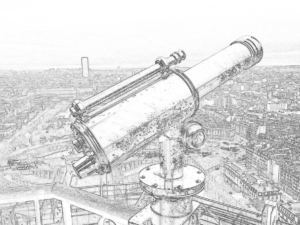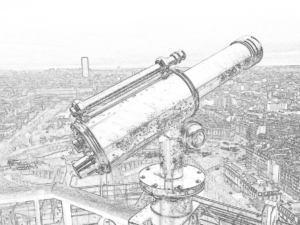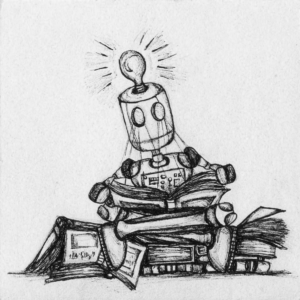The feelings about space are those feelings that drive our love of astronomy and our desire to learn more and more about it.
The thing that is most exciting about studying the universe is also the most frustrating and that is that no matter how expert we get, we are always just getting started. But if it’s any consolation, some of the most advanced minds in science and from history always felt that way about space. Even the greats such as Copernicus and Einstein looked up into space and felt like they were just a spec in the presence of such infinity.
Of course space is not infinite. It has to be finite which means somehow there must be an end to it. But if there is, nobody on this tiny planet has figured out where it is. The only thing that has brought us to “the end of the universe” is our limited ability to see any deeper into space.
But conquering the final frontier of space means more than just seeing more stars and planets and building the biggest telescope we can. There are some mind blowing concepts about how space works that we have ahead of us to conquer. The big bang and the expanding universe alone was enough to set your mind to spinning. But then we have the coming of Einstein and the theory of relativity to set the entire idea on its ear. All of a sudden space is not just three dimensions but the dimension of time becomes exportable and the twisting and maybe even travel through time seems almost possible.
The frontier of space is as much a journey of the mind as it is of distance. When Steven Hawking showed us the mysteries of black holes, all of a sudden, time and space could collapse and be twisted and changed in those intergalactic pressure cookers. If not for the wonders of radio astronomy, these ideas would remain just ideas but slowly science is catching up with theory.
But the brilliance of mathematicians and genius minds like Hawking and Einstein continue to stretch our concepts of space. Now we have the string theory that could revolutionize everything we know about space, time and how the universe relates to itself. We can’t just say, no, we have discovered enough. It’s the final frontier. We cant not stop exploring, because there is a hurdle still ahead that has a name but no real answer to it yet. It’s called the Unified Field Theory and those that know tell us that when the Einsteins and Hawkings of our day crack that theory, every other theory will fall into place.
These exciting concepts seem some tools to put the enormity of space in context. That may also be the value of science fiction. Not only are science fiction writers often the visionaries of what comes to be in the future but they give us the idea that space is knowable, that despite how big it is and how small we are, we can conquer this frontier like we have conquered others before us.
For mankind, that is often enough. If we can get the vision that we can conquer something, even if it is something so massive, so impossibly huge, it seems that we are capable of anything. And the love of astronomy, maybe unlike any other force on earth, has brought together mankind toward that common goal of conquering the universe. The quest to establish an international space station and to cooperate on spreading our reach off of this planet seems to find commonality between nations that otherwise cannot get along on the surface of the earth.
That alone may be a reason that we must continue to support astronomy locally and the space program nationally. It is something that seems to bring peace rather than war and make us a better people. But more than that it is as though this is what we were created to do. To reach out to the stars may be our destiny. If so then our love of astronomy is more than a hobby, it’s a calling.









